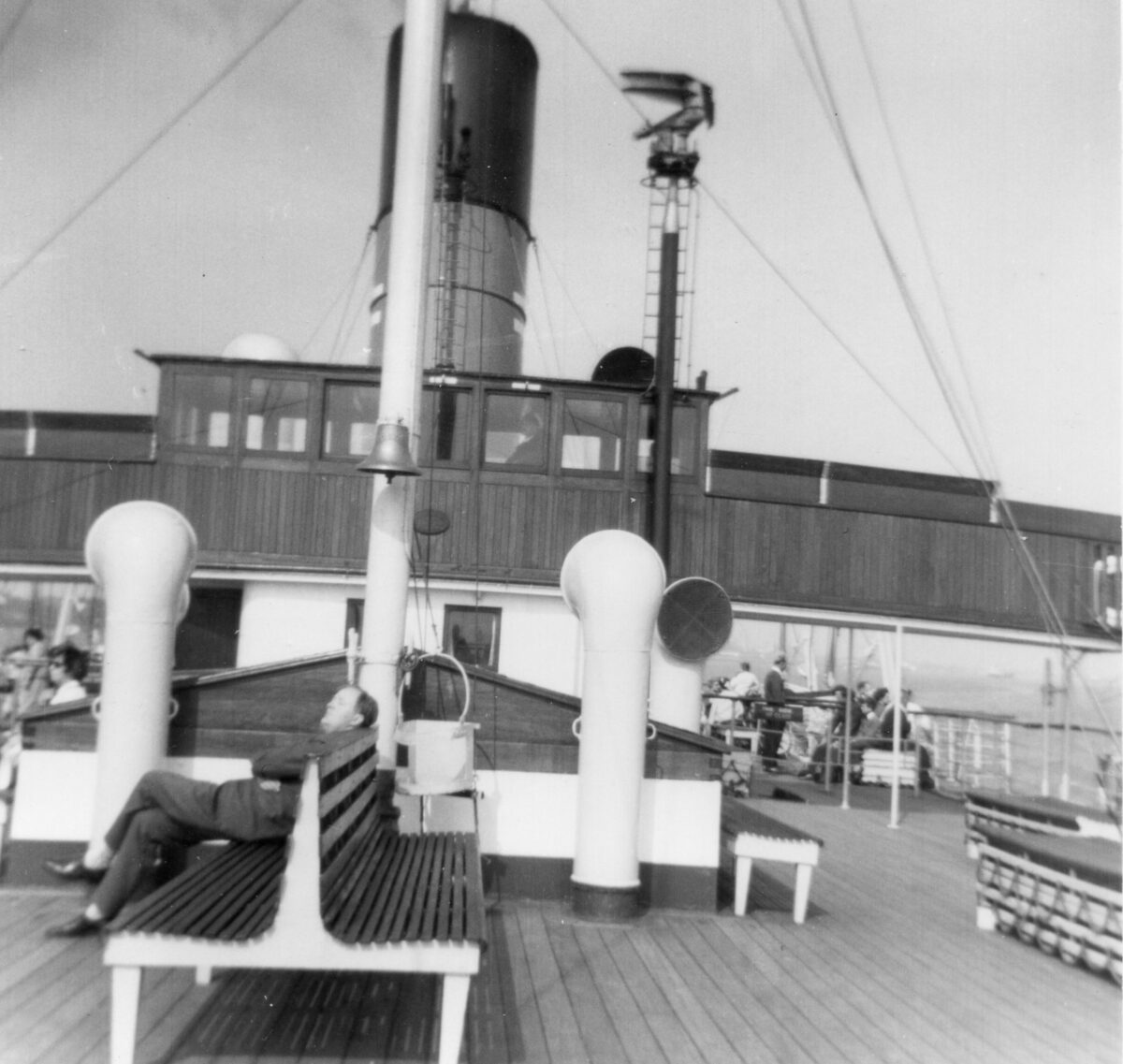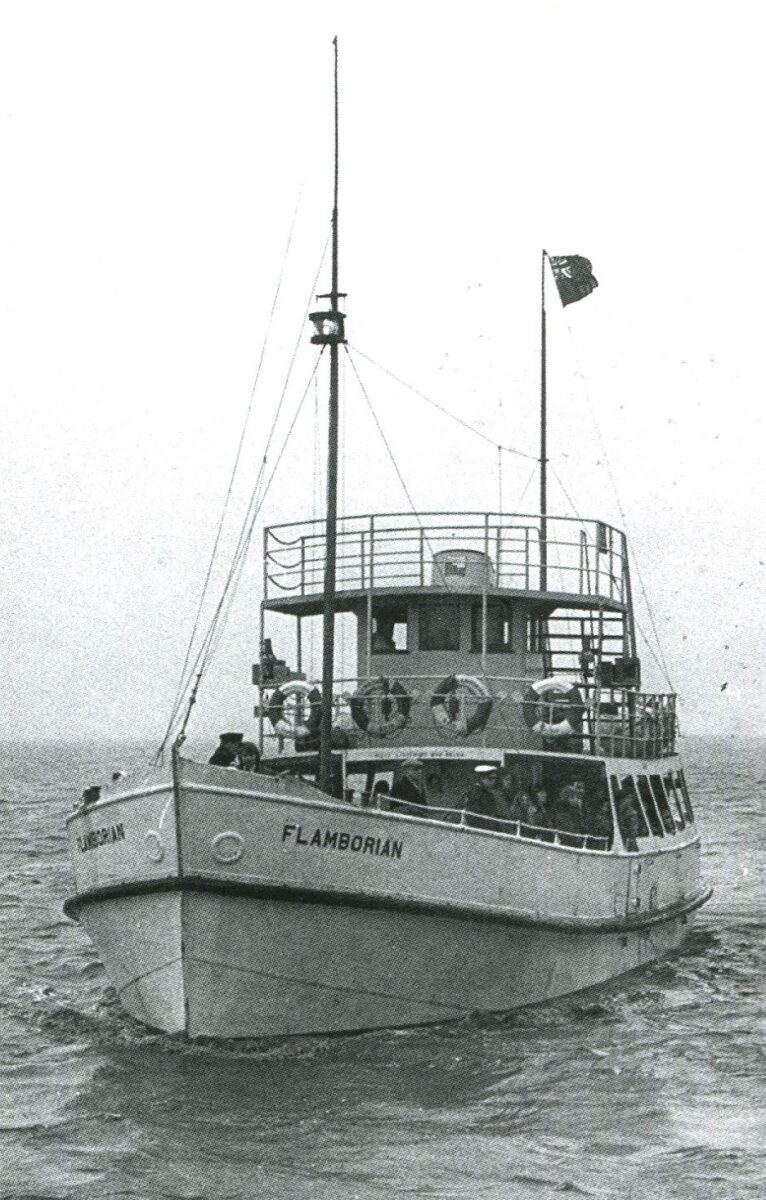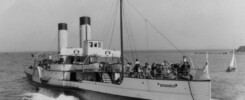
Tuesday 7th March 1972 was the second day of the resumption of the paddle steamer ferry service between Hull and New Holland after a coal shortage caused by a strike by the National Union of Mineworkers had forced all the paddle steamers to be withdrawn from service.
On 9th January 1972 a strike had been called which closed all the UK coal mines in an ongoing pay dispute with the Conservative Government under Prime Minister Edward Heath. Flying pickets were dispatched to other sites to encourage solidarity and this led to railway workers refusing to transport coal and power station workers refusing to handle coal. The situation deteriorated further with the onset of a very cold snap in early February which, in the teeth of many power cuts across the land sometimes for up to nine hours a day, led the Heath Government to declare a National State of Emergency.

All three Humber paddlers Lincoln Castle, Tattershall Castle and Wingfield Castle were coal fired so it was not long before the coal shortages began to bite and affect their operations. From early February a one ship service was introduced, taken by Tattershall Castle, but by 19th February even that could not be sustained, so she too was withdrawn with a skeleton passenger only service being provided by the small Diesel powered, and Bridlington based, passenger vessel Flamborian which was brought in on charter.
Many of the clashes during the dispute were ugly with, for example, no less than 2,000 flying pickets descending on a coke works near Birmingham in mid February which led to what became known as the Battle of Saltley Gate.
Eventually a £95 million pay deal was agreed on 19th February with the miners returning to work after their seven week long strike. However coal shortages continued and it was not until Monday 6th March that the normal paddle steamer service was resumed between Hull and New Holland
This strike had one other unintended consequence for the Humber ferry service. To maintain the timetable only two paddle steamers were normally required with a third in reserve to provide extra sailings during peak periods, for excursion work and to cover refits and breakdowns. By 1972 there were hardly any days when a third ship’s extra capacity was really needed. By 1972 the excursion programme had largely been abandoned. And February 1972 had demonstrated to management that, although it had been difficult, the sky hadn’t fallen in with a one ship service and, in extremis, there were other smaller domestic passenger vessels in the vicinity which could be chartered in at short notice to provide extra cover as necessary.
Accordingly one of the three Humber paddlers, Tattershall Castle, made her last sailing between Hull and New Holland on Monday 24th April 1972 and was withdrawn. Then there were two.
Kingswear Castle returned to service in 2023 after the first part of a major rebuild which is designed to set her up for the next 25 years running on the River Dart. The Paddle Steamer Kingswear Castle Trust is now fund raising for the second phase of the rebuild. You can read more about the rebuilds and how you can help if you can here.
John Megoran
This article was first published on 7th March 2021.


